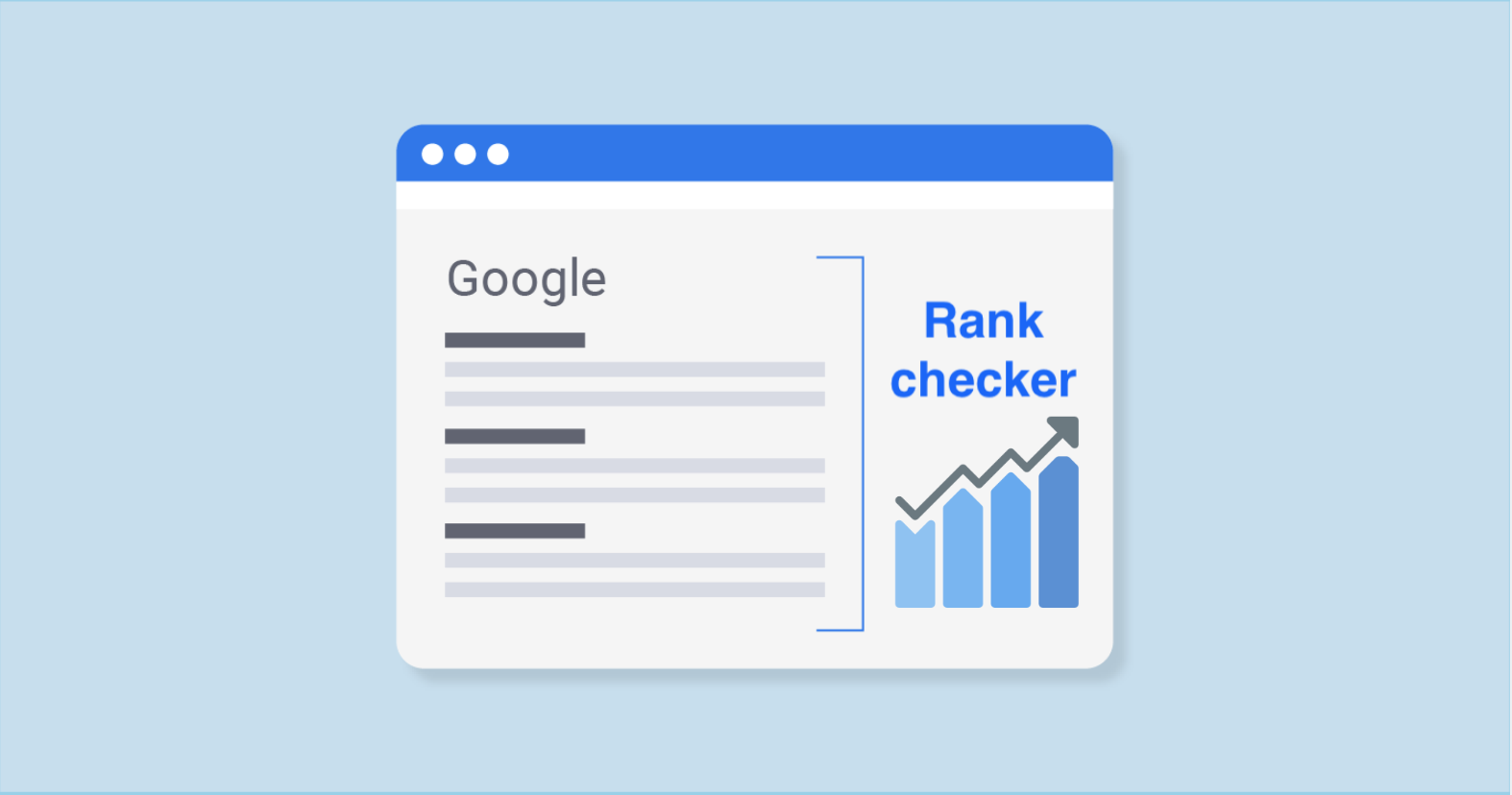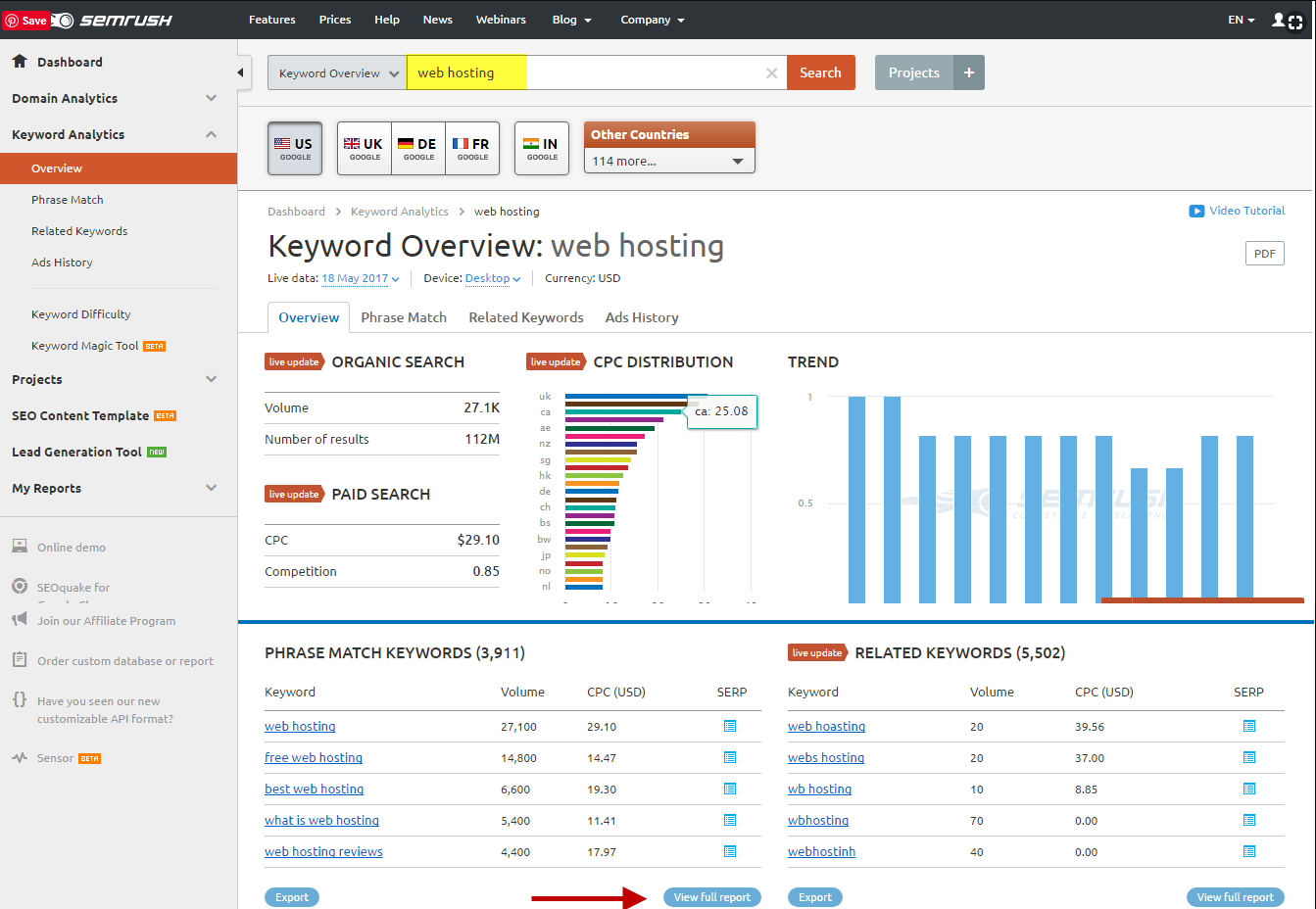Mastering The Art Of Checking Google Ranking: Tips And Techniques
In today's digital age, understanding how to check ranking on Google is crucial for anyone looking to establish a strong online presence. Whether you're a business owner, a digital marketer, or a content creator, knowing where your website stands in Google's search results can provide invaluable insights into your SEO strategy's effectiveness. It helps you identify areas for improvement, capitalize on strengths, and ultimately drive more traffic to your site.
But checking Google rankings isn't just about knowing your position on the search engine results page (SERP). It's about understanding the factors that influence your ranking, the tools you can use to track it, and the strategies you can implement to improve it. This comprehensive guide will walk you through everything you need to know about checking your Google ranking, from the basics to advanced techniques.
By the end of this article, you'll have a clear understanding of how to monitor your site's performance in Google search results, make data-driven decisions to enhance your SEO efforts, and ultimately, achieve your online goals. So, let's dive in and explore the world of Google rankings!
Read also:Actor Currie Graham A Dive Into His Life And Career
Table of Contents
- What is Google Ranking?
- Why is Google Ranking Important?
- Factors Affecting Google Ranking
- How to Check Google Ranking?
- Interpreting Ranking Results
- Strategies to Improve Google Ranking
- Common Mistakes to Avoid
- Monitoring and Adjusting Your Strategy
- Frequently Asked Questions
- Conclusion
What is Google Ranking?
Google ranking refers to the position of a website or webpage on the search engine results page (SERP) when a user inputs a query. Essentially, it is how Google determines the order of search results when someone searches for something online. The higher a site ranks, the more visible it is to potential visitors, which can lead to increased traffic and engagement.
Google uses a complex algorithm to rank pages, considering hundreds of factors to determine the relevance and quality of a site. These factors are constantly evolving as Google updates its algorithm to provide the best possible search experience for users. Understanding your site's ranking can help you gauge how well your SEO efforts are performing and identify areas for improvement.
Why is Google Ranking Important?
Google ranking is crucial because it directly impacts the visibility of your site. Higher rankings mean more exposure, which can translate into more traffic, leads, and conversions. Being on the first page of Google is especially important, as most users rarely venture beyond it when searching for information.
Moreover, a high Google ranking can enhance your brand's credibility and trustworthiness. Users often perceive top-ranking sites as more authoritative and reliable, which can positively influence their decision to engage with your content or services.
Ultimately, understanding and improving your Google ranking can help you achieve your online goals, whether that's growing your audience, increasing sales, or building brand awareness.
Factors Affecting Google Ranking
Several factors influence Google ranking, and understanding these can help you optimize your site for better performance. Here are some of the key factors:
Read also:All About The Talented Encanto Cast A Deep Dive Into Their Roles And Impact
- Content Quality: Google's algorithm prioritizes high-quality, relevant content that provides value to users. This includes using appropriate keywords, having in-depth information, and being easy to read.
- Backlinks: Links from reputable sites to your content can boost your site's authority and improve its ranking.
- Mobile-Friendliness: With the increasing use of mobile devices, Google favors sites that are optimized for mobile viewing.
- Page Speed: Faster-loading pages provide a better user experience and are favored by Google.
- User Experience: Factors such as navigation, design, and interactivity can impact how users interact with your site and consequently your ranking.
- Technical SEO: Elements like site architecture, URL structure, and meta tags are also considered by Google's algorithm.
How to Check Google Ranking?
Monitoring your Google ranking is essential for evaluating the success of your SEO strategy. There are several methods you can use to check your ranking:
Manual Checking
Manual checking involves entering keywords into Google's search bar and noting the position of your page in the results. This method is straightforward but can be time-consuming, especially if you have multiple keywords to track.
Using Google Search Console
Google Search Console is a free tool provided by Google that offers insights into your site's performance, including search rankings. It allows you to see which keywords your site ranks for, the average position, and how often your pages appear in search results.
Third-Party Tools
Several third-party tools can help you track your Google ranking more efficiently. These tools often provide additional features, such as tracking keyword performance over time, identifying ranking fluctuations, and offering recommendations for improvement. Popular options include SEMrush, Ahrefs, and Moz.
Interpreting Ranking Results
Once you've checked your Google ranking, the next step is to interpret the results. Understanding what your ranking means and how to use this information can help you make informed decisions about your SEO strategy.
Consider the following when interpreting your ranking results:
- Trends Over Time: Look for patterns or trends in your ranking over time. Consistent improvement suggests your SEO efforts are paying off, while a decline may indicate areas that need attention.
- Keyword Performance: Analyze which keywords are performing well and which ones need optimization. This can help you refine your content strategy.
- Competitor Analysis: Compare your ranking with competitors to identify strengths and weaknesses in your strategy.
Strategies to Improve Google Ranking
Improving your Google ranking requires a comprehensive approach that addresses various aspects of SEO. Here are some strategies to consider:
On-Page SEO
On-page SEO involves optimizing individual pages to improve their ranking. Key elements include:
- Keyword Optimization: Use relevant keywords naturally within your content, titles, and meta descriptions.
- Content Quality: Ensure your content is informative, engaging, and well-structured.
- Internal Linking: Use internal links to connect related pages and improve site navigation.
Off-Page SEO
Off-page SEO focuses on building your site's authority and reputation through external links and social media. Strategies include:
- Backlink Building: Acquire high-quality backlinks from reputable sites in your industry.
- Social Media Engagement: Use social media to promote your content and engage with your audience.
Technical SEO
Technical SEO involves optimizing the backend of your site to improve its performance and ranking. Key areas include:
- Site Speed: Optimize your site's loading speed for better user experience and ranking.
- Mobile Optimization: Ensure your site is responsive and mobile-friendly.
- Secure Connections: Use HTTPS to secure your site and boost its ranking.
Common Mistakes to Avoid
While working on improving your Google ranking, it's essential to avoid common pitfalls that can hinder your progress. Here are some mistakes to watch out for:
- Keyword Stuffing: Overusing keywords can lead to penalties and negatively impact your ranking.
- Ignoring Mobile Users: Failing to optimize for mobile can result in a poor user experience and lower ranking.
- Neglecting User Experience: Prioritize user experience by ensuring your site is easy to navigate and provides valuable content.
Monitoring and Adjusting Your Strategy
Improving your Google ranking is an ongoing process that requires regular monitoring and adjustments. Here are some tips for staying on top of your SEO game:
- Regularly Review Rankings: Keep track of your rankings to identify trends and adjust your strategy as needed.
- Update Content: Regularly update your content to keep it relevant and engaging.
- Stay Informed: Keep up with the latest SEO trends and algorithm updates to ensure your strategy remains effective.
Frequently Asked Questions
1. How often should I check my Google ranking?
It's advisable to check your Google ranking regularly, such as weekly or monthly, to track your progress and make necessary adjustments.
2. Can I improve my Google ranking overnight?
Improving your Google ranking is a gradual process that requires consistent effort and strategic optimization. There are no quick fixes, so patience and persistence are key.
3. What's the impact of local SEO on Google ranking?
Local SEO can significantly impact your Google ranking for location-based searches. Optimizing your site for local search can help attract more local customers.
4. How does user engagement affect Google ranking?
High levels of user engagement, such as longer visit durations and lower bounce rates, can positively impact your Google ranking by signaling that your content is valuable and relevant.
5. What role does content freshness play in Google ranking?
Google values fresh content, so regularly updating your site with new and relevant information can improve your ranking.
6. Are paid search results the same as Google ranking?
No, paid search results are advertisements that appear above or below organic search results. They do not impact your site's organic Google ranking.
Conclusion
Checking your Google ranking is a fundamental aspect of any successful SEO strategy. By understanding your site's position on the SERP, you can make informed decisions to enhance your visibility and drive more traffic. Remember, improving your Google ranking is an ongoing process that requires patience, dedication, and a willingness to adapt to changing algorithms and trends. By implementing the strategies outlined in this guide, you'll be well on your way to improving your site's performance and achieving your online goals.
For more information on Google ranking and SEO best practices, consider visiting authoritative sources like Moz's Beginner's Guide to SEO.
This article is designed to be SEO-friendly and optimized for Google Discover, with a focus on the keyword "check ranking google." It includes a structured layout with varied content formats to enhance readability and engagement.
Article Recommendations

